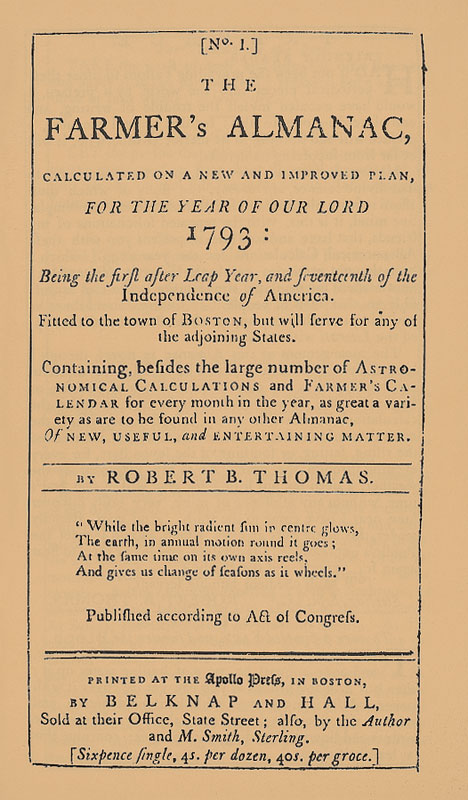Martin Raymond: “Everybody misunderstands futurology. It isn’t about predicting as such, it’s more about analysis of data”
Imagining the future, we naturally think of it as a different place to the one we live in now. It is populated with new technologies, advanced science and perhaps even a more evolved version of humanity.
But who are the architects of this future, whose ideas will shape the coming reality?
It is tempting to characterize them as explorers who, through inspiration or serendipity, uncover that which is currently hidden. This notion is encoded in our language. We talk about a “discovery” or its Latin cousin, “invention”.
However, there is an entire profession that takes a different view. For futurologists, or futurists as they often like to abbreviate themselves, there are patterns, rhythms, signs and pointers to the future that can be discerned and measured in the here and now.
“I think there is a false dichotomy between the idea that we can predict the future and the idea that we can’t,” says Oxford Professor Nick Bostrom, director of the Future of Humanity Institute.
“If you lift a cup of coffee to your mouth and drink from it, you are implicitly predicting that it is not poisoned or you won’t burn yourself. From there it is only a matter of degree to predict what the world may be like a thousand years from now or a million years from now.
“There is no sharp point at which things suddenly become unpredictable. It is just a probability distribution.”
Futurologists employ a range of sophisticated, and sometimes mind-bogglingly complex techniques to construct their predictions. Cross-impact analysis, real-time Delphis, decision modelling and morphological analysis are the tools of their trade.
And it is a trade. Corporations, governments and those organisations that occupy the space in-between pay big money for their visions of things to come.
Market value
Like any profession, futurism has its own fashions and innovations.
One of the hottest new methodologies is “prediction markets”, where participants indicate their confidence or lack thereof in a particular future by buying shares in it – as they might do with stocks or commodities.
The market is supposed to crowd source the collective wisdom of savvy smart folk who have an interest in, and knowledge of, a particular field. The financial imperative will – the theory goes – make them less likely to base predictions on political affiliation, dogma or attention seeking.
Not everyone is convinced. “Prediction markets refer to what they are talking about as collective intelligence, but I say no,” says Jerome C Glenn, director of the Millennium Project and author of its annual State of the Future report.
Read more . . .ᔥ
Bookmark this page for “prediction market” and check back regularly as these articles update on a very frequent basis. The view is set to “news”. Try clicking on “video” and “2” for more articles.








